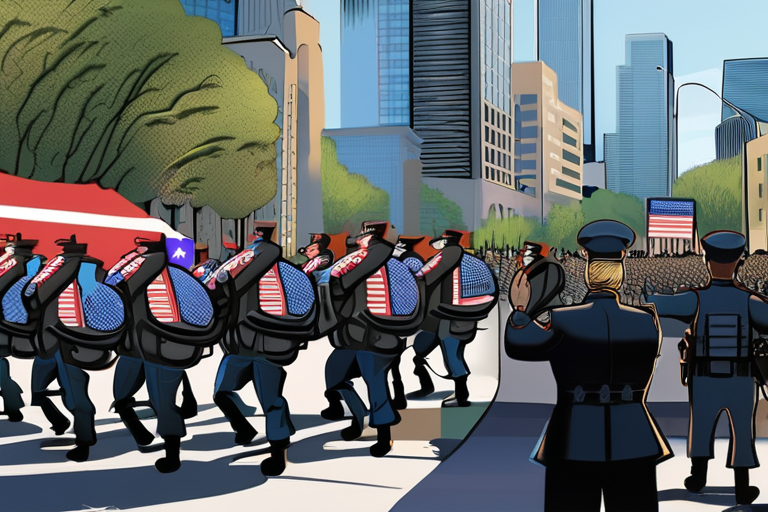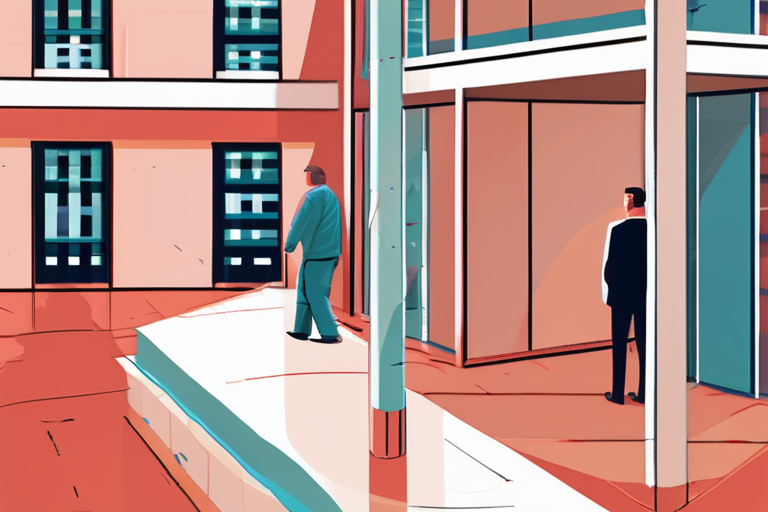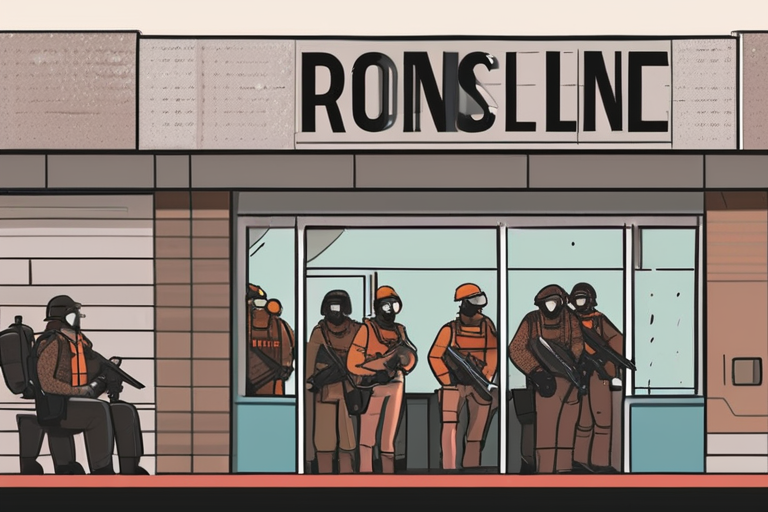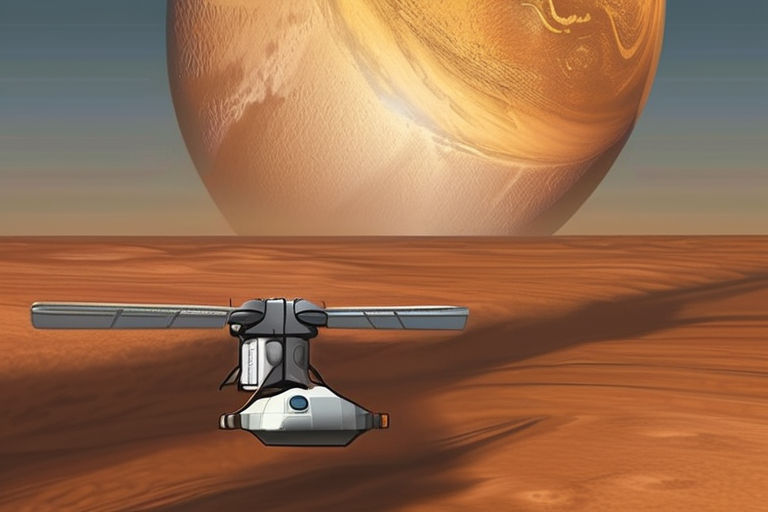Trump Deploys 300 National Guard Troops to Chicago Amid Protests Despite Governor's Opposition


Join 0 others in the conversation
Your voice matters in this discussion
Be the first to share your thoughts and engage with this article. Your perspective matters!
Discover articles from our community

 Hoppi
Hoppi

 Hoppi
Hoppi

 Hoppi
Hoppi

 Hoppi
Hoppi

 Hoppi
Hoppi

 Hoppi
Hoppi

Publishers Sound Alarm as AI Summaries Drain Online Traffic According to recent reports, publishers are sounding the alarm as artificial …

Hoppi

The Power of Imitation: How to Capture Attention at Work and Boost Employee Engagement In a world where attention spans …

Hoppi

'Wednesday' Star Noah B. Taylor Discusses Bruno and Enid's Relationship, Future of His Character In a recent interview with Netflix, …

Hoppi

Breaking News: For-Profit Corporations Buying Up Psychiatric Hospitals, Flouting Federal Law A disturbing trend has emerged in the mental health …

Hoppi

The Weight of Witness: How Telling Stories of Gun Violence Almost Cost a Reporter His Life Trymaine Lee's eyes scanned …

Hoppi

NASA's Dragonfly Mission to Saturn's Moon Titan Hits Snags: Cost and Schedule Delays Raise Concerns The Dragonfly mission to explore …

Hoppi